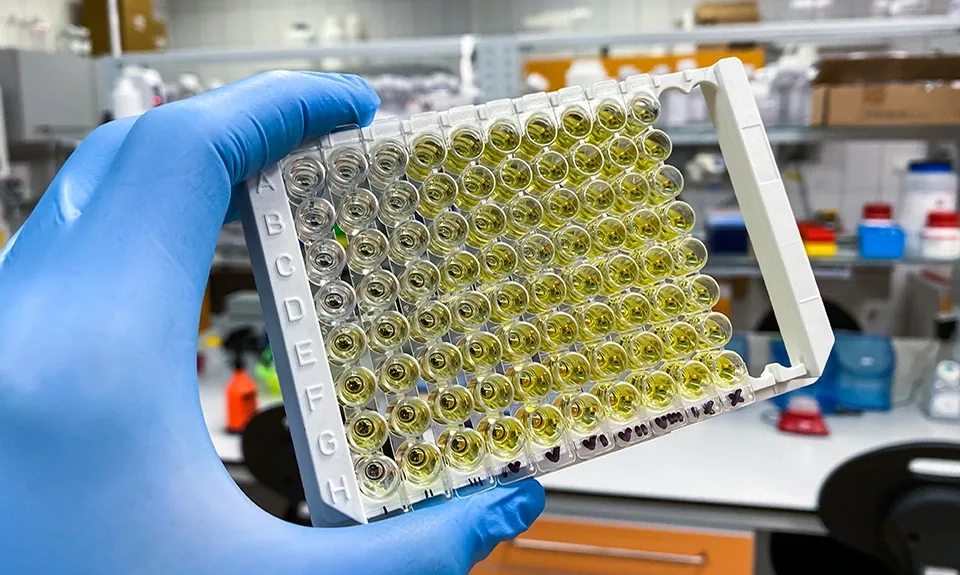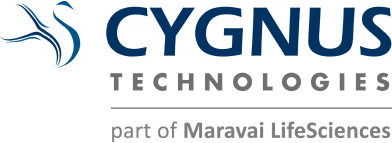Assay Qualification & Sample Testing
Ensure your immunoassay meets regulatory requirements
A well developed and qualified HCP ELISA will provide analysts and regulators with confidence that a purification process performs consistently across batches and reduces HCPs to safe levels. Qualifying an HCP ELISA involves demonstrating sufficient dilutional linearity, determining ELISA range, accuracy, and precision. Additionally, HCP assay qualification requires HCP-antibody coverage assessment to ensure broad reactivity to an array of HCPs in a manufacturing process.
Connect with decades of experience
If you have questions or would like a quote, a Cygnus expert is happy to help!

Qualify your HCP ELISA with Cygnus
Our technical experts will qualify your HCP ELISA according to standard FDA and ICH guidelines:
- Dilution Linearity - to determine if the chosen HCP ELISA is appropriate for the population of HCPs in your in-process and drug substance samples and to demonstrate the important condition of antibody excess for the array of impurities in your samples.
- Accuracy by Spike and Recovery Analysis – to demonstrate that the assay can recover added known amounts of HCP spiked into the sample matrix; performed with all sample types to be tested in the assay.
- Precision – to determine the closeness of agreement between multiple measurements
- Range: LOD, LLOQ and ULOQ of the assay
- Coverage Analysis
Review our blog posts to learn more:
Dilution Linearity
Establishing dilution linearity is a foundational experiment to help you determine if the chosen HCP ELISA is appropriate for your in-process and Drug Substance samples.
Spike & Recovery
Conducting a spike and recovery assay is an essential step to test the compatibility of your test sample formulation with the immunoassay reagents.
Precision & Reproducibility
Confirming the reproducibility of the assay in your lab is an important step toward qualifying your ELISA for its intended purpose.

